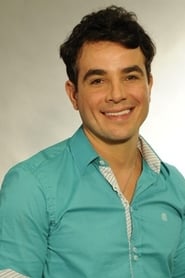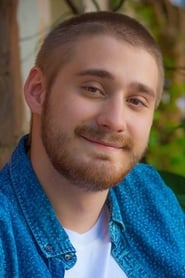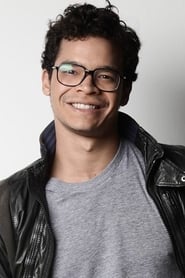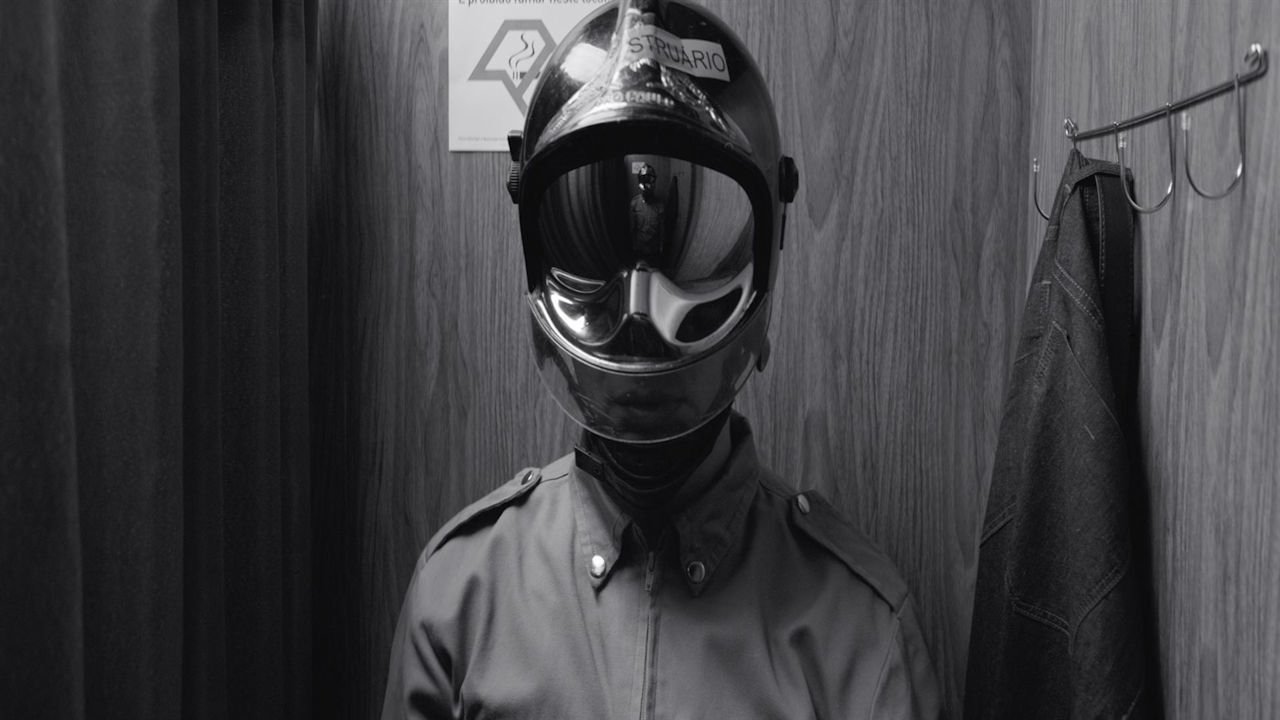

Eu Te Levo(2017)
Rogério is a quiet guy who loves rock and lives with his mother in the countryside of São Paulo. His father died a few days ago, leaving a business to run and creating in his son a need, postponed for years, to decide what to do with his life. Rogério needs to declare a belated independence and, paralyzed by the idea of taking on responsibilities, he reclaims a childhood dream.

Movie: Eu Te Levo
Top 10 Billed Cast
Ana
Seu Cléber
Professor
Oficial da PM

Eu Te Levo
HomePage
Overview
Rogério is a quiet guy who loves rock and lives with his mother in the countryside of São Paulo. His father died a few days ago, leaving a business to run and creating in his son a need, postponed for years, to decide what to do with his life. Rogério needs to declare a belated independence and, paralyzed by the idea of taking on responsibilities, he reclaims a childhood dream.
Release Date
2017-03-23
Average
0
Rating:
0.0 startsTagline
Genres
Languages:
Português
Similar Movies
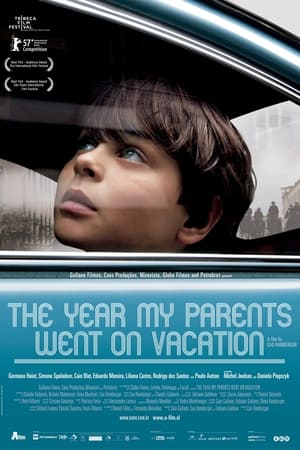 7.2
7.2The Year My Parents Went on Vacation(pt)
A boy is left alone in a Jewish neighborhood in the year of 1970, where both world cup and dictatorship happen in Brazil.
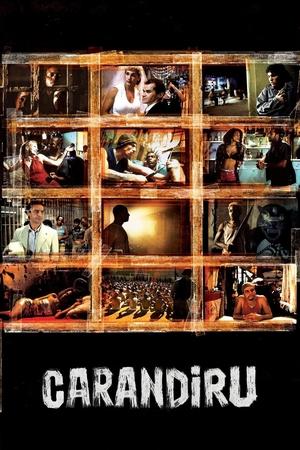 7.6
7.6Carandiru(pt)
When a doctor decides to carry out an AIDS prevention program inside Latin America’s largest prison: the Casa de Detenção de São Paulo - Carandiru, he meets the future victims of one of the darkest days in Brazilian History when the State of São Paulo’s Military Police, with the excuse for law enforcement, shot to death 111 people. Based on real facts and on the book written by Dráuzio Varella.
 6.2
6.2Birdwatchers(it)
Mato Grosso do Sul, Brazil, the present. When a young Guarani-Kaiowá woman commits suicide, Nádio leads his community to form a protest camp on the borders of a local farm that sits on their ancestral burial ground.
Time for Tea(pt)
Huang , a Chinese retired general, lives alone in the city center. Traditional and conservative, he hardly leaves the house. One day, Huang receives an unusual visit from his grandson.
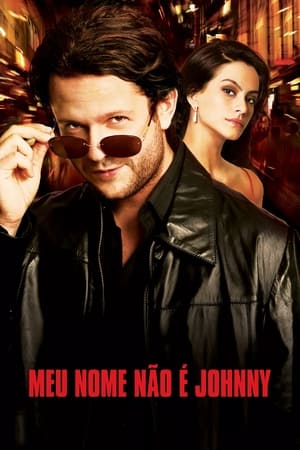 7.1
7.1My Name Ain't Johnny(pt)
The true story of João Guilherme Estrella ("Johnny"), a young middle-class bon vivant who became a big-time cocaine dealer in Rio de Janeiro in the early 1990s.
 6.6
6.6Real: The Plan Behind History(pt)
In May 1993, Brazil experienced one of the worst economic crises in its history. The government then decides to set up a real task force to solve the problem. Confined to a bunker as a way of shielding the operations of growing political pressures, the special economic team will have to do its best to reach agreement and create the Plano Real.
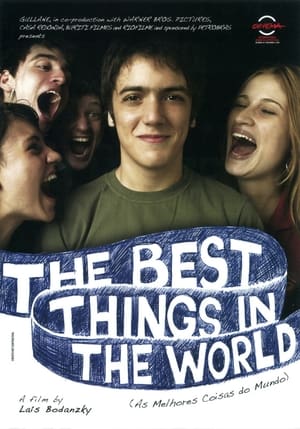 6.3
6.3The Best Things in the World(pt)
Everyday family life as perfectly normal madness. “As Melhores Coisas do Mundo“ follows a few days in the life of the 15-year-old Mano, who is fighting on two fronts: his parents have just got divorced and he is going through puberty. Mano tries to make his way through life, with its first sexual experiences, his depressed brother and his self-centered parents. It’s a humorous homage to the pitfalls of daily life and the diversity of life.
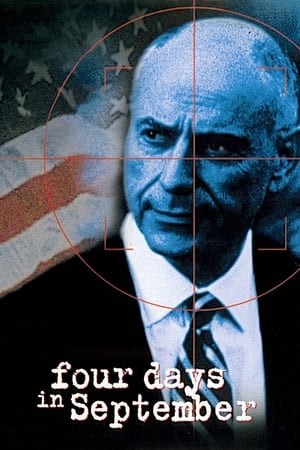 7.5
7.5Four Days in September(pt)
Fernando, a journalist, and his friend César join terrorist group MR8 in order to fight Brazilian dictatorial regime during the late sixties. César, however, is wounded and captured during a bank hold up. Fernando then decides to kidnap the American ambassador in Brazil and ask for the release of fifteen political prisoners in exchange for his life.
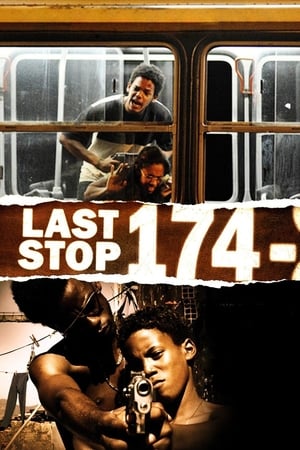 7.2
7.2Last Stop 174(pt)
Sandro was a boy who loved to sing rap, to kiss, to stare the statue of Christ the Redeemer and dreamed to go visit Copacabana. Growing up on streets, the story culminates at the infamous episode of 12th June 2000, when Sandro hijacked bus 174.
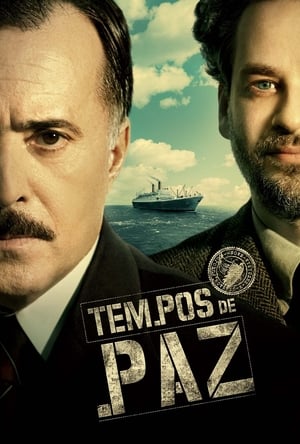 7.7
7.7Peacetime(pt)
Rio de Janeiro, April 18, 1945. Brazil's foreign policy aligns closely with that of the United States and opens a brief period of democratic rule after the end of World War 2. For years, hundreds of people were arrested and tortured by the Vargas regime. But with the external pressure, several political prisoners gain freedom.
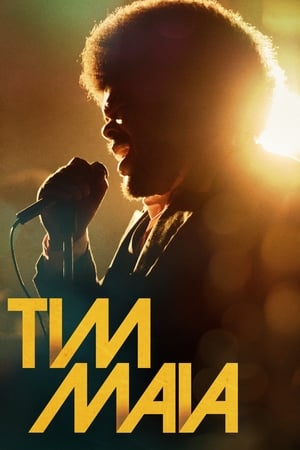 7.2
7.2Tim Maia(pt)
Biopic of Brazilian singer Tim Maia, from his childhood in Rio de Janeiro until his death at age 55, including his passage by the US, where he discovers a new style of music and is arrested for theft and drug possession.
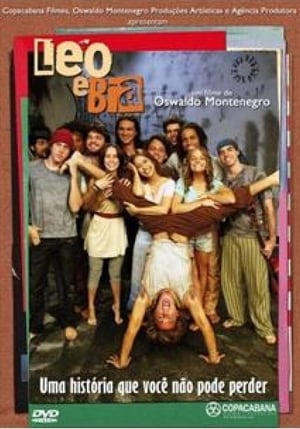 7.8
7.8Léo e Bia(pt)
Brasilia, 1973. At the height of the military dictatorship, seven friends, young as the city in which they live, dream of living in theater. Led by director Léo, the group carries out the rehearsals of a play that weaves comparisons between Jesus Christ and the cangaceiro Lampião. While political repression runs wild in the federal capital and sexual freedom is still taboo, Bia is increasingly being held prisoner by her mother's obsession, causing everyone to increasingly question the concepts and values of society.
 6.4
6.4In Therapy(pt)
In Rio de Janeiro, the forty and something years old Mercedes (Lília Cabral) goes to the psychoanalyst and tells the story of her life since she was a girl and lost her mother. Along the three years of analysis, her life changes and she divorces from her husband Gustavo (José Mayer) and has love affairs with the younger Theo (Reynaldo Gianecchini)
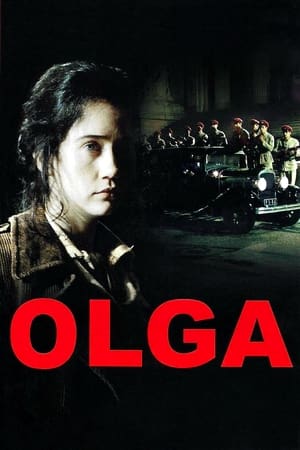 7.2
7.2Olga(pt)
Based upon the true story of Olga Benário, the German-born wife of Brazilian communist leader Luís Carlos Prestes. During the dictatorship of Getúlio Vargas (1930-1945) she was arrested and sent to Nazi Germany, where she was put to death in a concentration camp. After World War II began, Vargas decided to uphold the Allies.
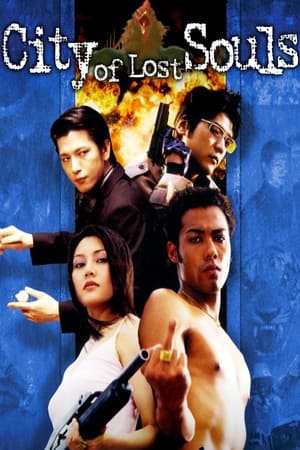 6.2
6.2The City of Lost Souls(ja)
Brazilian-Japanese gangster Mario rescues his Chinese girlfriend Kei as she's about to be deported from Japan. Desperate to escape, he hides in Tokyo's booming Japanese-Portuguese community and seeks passage from the country from a Russian mobster. To meet his price, they hold up a bigtime drug deal between the Chinese Mafia and the local Yakuza.
 7.0
7.0De Onde Eu Te Vejo(pt)
After 20 years of marriage, Ana Lúcia and her husband Fábio decide to get a divorce. Fábio, however, decides to move to an apartment across the street, in front of the window of his former apartment - where Lúcia still lives. Both will have to learn how to deal with job crisis, problems with their daughter and this whole new situation.
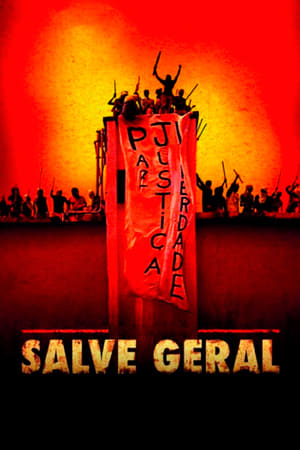 5.8
5.8Time of Fear(pt)
Year 2006. There are riots in São Paulo. In the middle of the violent situation, widow Lucia is trying to get her young son Rafael from prison.
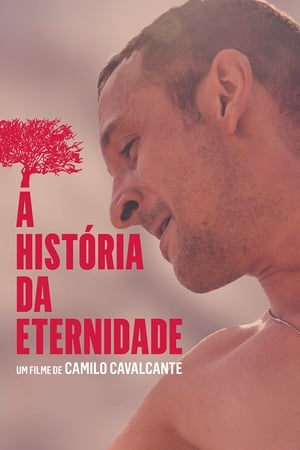 7.6
7.6The History of Eternity(pt)
In a small village in the hinterland, three stories of love and desire are changing the emotional landscape of its residents. Characters of a romanesque world in which their conceptions of life are limited on one side by human instincts, on the other by a blind and fatalist fate.
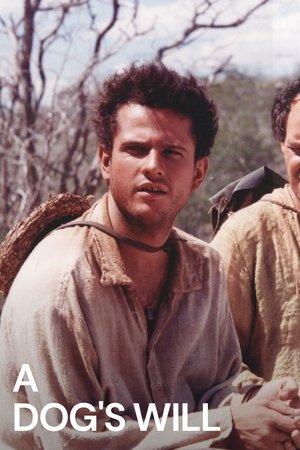 8.4
8.4A Dog's Will(pt)
The lively João Grilo and the sly Chicó are poor guys living in the hinterland who cheat a bunch of people in a small town in Northeastern Brazil. When they die, they have to be judged by Christ, the Devil and the Virgin Mary before they are admitted to paradise.
